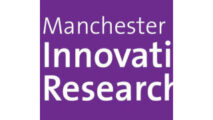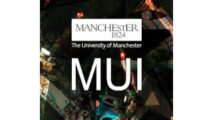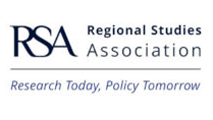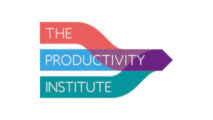References
Abbasiharofteh, M., J. Kinne, and M. Krüger. 2021. The Strength of Weak and Strong Ties in Bridging Geographic and Cognitive Distances. Mannheim: ZEW Discussion Paper No. 21-049.
Abbasiharofteh, M., M. Krüger, J. Kinne, D. Lenz, and B. Resch. 2023. The Digital Layer: Alternative Data for Regional and Innovation Studies. Spatial Economic Analysis. 10.1080/17421772.2023.2193222.
Balland, P.-A., C. Jara-Figueroa, S. G. Petralia, M. P. A. Steijn, D. L. Rigby, and C. A. Hidalgo. 2020. Complex economic activities concentrate in large cities. Nature human behaviour.
Bettencourt, L. M.A., J. Lobo, and D. Strumsky. 2007. Invention in the city. Increasing returns to patenting as a scaling function of metropolitan size. Research Policy 36 (1):107–20.
Breschi, S., and C. Lenzi. 2016. Co-invention networks and inventive productivity in US cities. Journal of Urban Economics 92:66–75.
Hu, Y. 2018. Geo‐text data and data‐driven geospatial semantics. Geography Compass 12 (11):195.
Janssen, M. J., and M. Abbasiharofteh. 2022. Boundary spanning R&D collaboration. Key enabling technologies and missions as alleviators of proximity effects? Technological Forecasting and Social Change 180 (7):121689.
Lobo, J., and D. Strumsky. 2008. Metropolitan patenting, inventor agglomeration and social networks. A tale of two effects. Journal of Urban Economics 63 (3):871–84.
Ozgun, B., and T. Broekel. 2021. The geography of innovation and technology news – An empirical study of the German news media. Technological Forecasting and Social Change 167 (6):120692.
Peris, A., E. Meijers, and M. van Ham. 2021. Information diffusion between Dutch cities. Revisiting Zipf and Pred using a computational social science approach. Computers, Environment and Urban Systems 85 (4):101565.
Simensen, E. O., and M. Abbasiharofteh. 2022. Sectoral patterns of collaborative tie formation: investigating geographic, cognitive, and technological dimensions. Industrial and Corporate Change 31 (5):1–36. 10.1093/icc/dtac021.
Strumsky, D., and J. Lobo. 2015. Identifying the sources of technological novelty in the process of invention. Research Policy 44 (8):1445–61.





